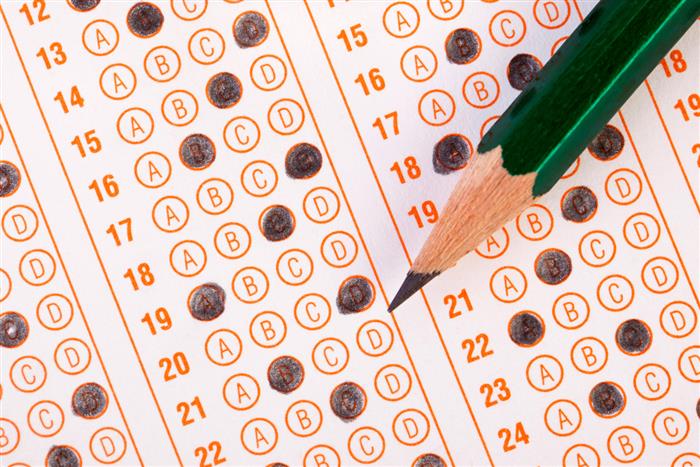
Log In


The Massachusetts Institute of Technology (MIT) is all on its own in requiring all applicants to take SAT Subject Tests. Last week, Harvey Mudd announced that it was dropping the SAT Subject Test requirement and the California Institute of Technology made a similar announcement weeks ago, along with other prominent schools such as the University of Chicago and the University of Rochester. Test-optional admission policies have become more popular lately, for a variety of reasons. Here are some changes you may see in the near future when it comes to SAT scores in the college admissions process.
Some critics of standardized test scores claim that they don't accurately measure a student's aptitude and can disproportionately attract wealthier students to elite colleges in contrast to their lower-income counterparts. One solution to the issue of "income segregation" in standardized testing and the college admissions process would be to give low-income students a "bonus" of about 100 points on the SAT. Proponents for standardized testing argue that the SAT and ACT are a "relatively low-cost way" for disadvantaged students to demonstrate their college preparedness.
Some national research suggests that standardized test scores such as the SAT and ACT are not as good of predictors of a student's college success as other measures such as high school GPA. A student's GPA tends to illustrate positive, long-term behaviors and work ethic that lead to success in college, such as showing up to class and turning in assignments whereas test scores better indicate one's ability to "cram before a high-stakes exam." The University of California's faculty review committee claims the opposite - that their reports indicate SAT scores are a better predictor of college success.
SAT Subject Tests - also known as SAT II or achievement tests - were once a testing norm at elite colleges. These tests are subject-specific and test knowledge of mathematics, sciences, literature, history and languages. Gradually, colleges have stopped asking for subject test scores. In dropping standardized scores altogether, college admissions committees would have to rely more on students' high school grades, which could lead to grade inflation and handing on "A's like Halloween candy," according to Forbes. In your opinion, should colleges go test-optional? Why or why not?